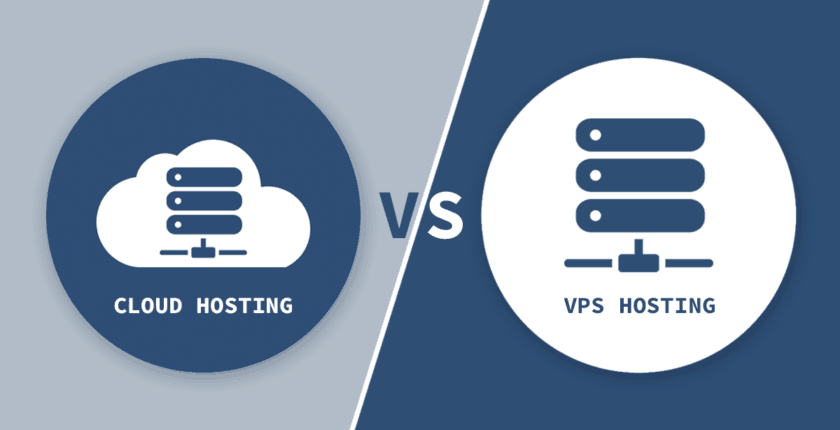
What is Virtual Private Server (VPS)?
A virtual private server (VPS) is a dedicated server partitioned into numerous sections, each serving as its own server. That is, it is a single system that runs multiple web applications (websites, software, and so on), but that gives users with distinct places.
VPS can be a cost-effective solution for customers who have specialised requirements and require more resources, such as memory and processor, than a shared solution can provide. However, exactly like with a dedicated server, the user has complete control over the setup and security options. This has some risks, particularly in terms of availability, which can be jeopardised if server hardware malfunctions.
What is a Cloud Server?
When you host your website on a Cloud Server, you are using a virtual server rather than a real one. The cloud is made up of a number of real devices that share resources. In this approach, if one of the servers fails, another machine takes over the load, lowering the danger of your site or application going down, and ensuring high availability.
The ability to scale resources is another feature that distinguishes Cloud Server from physical infrastructure.
Let’s imagine your website rises in popularity, attracting more users and consuming more resources: this is an ideal condition for any business.
Which is better: VPS or Cloud Server?
The answer to this question, like many others in business, is that it depends on your company’s demands as well as the needs of your website or application. The main advantage of VPS hosting is the cost, which is less than that of a dedicated server while yet providing some similar perks. VPS has the disadvantage of causing downtime and costing your firm money if your site or application needs to fulfil vital tasks.
A Cloud server is the greatest option for sites that consume a lot of resources or have access volumes that fluctuate depending on the weather. Although the cost of a Cloud Server is greater and varies depending on machine configuration, this structure is ideal for enterprises who are severely harmed if their website is down or unavailable, because it provides high availability.

